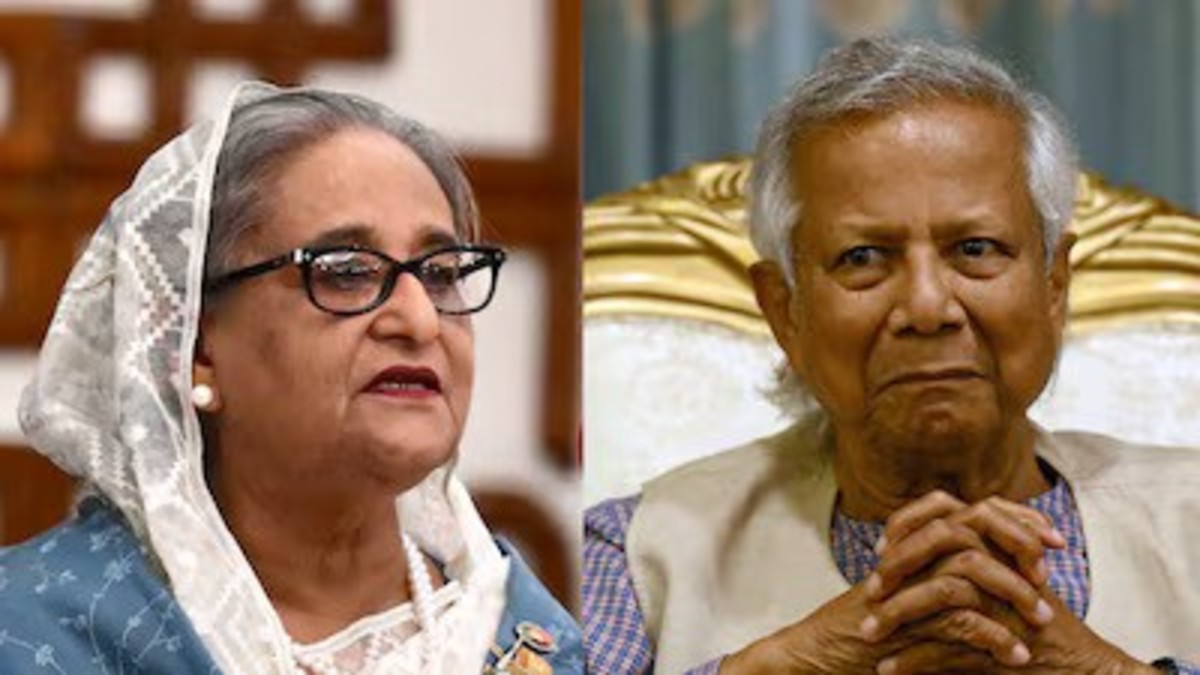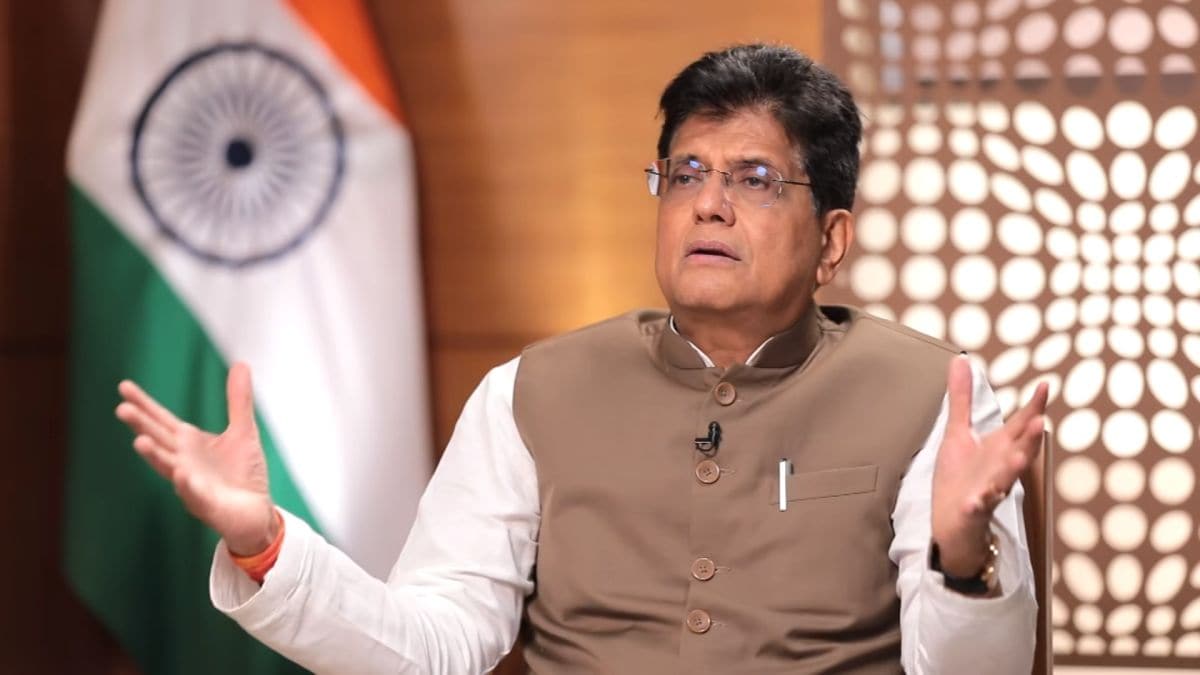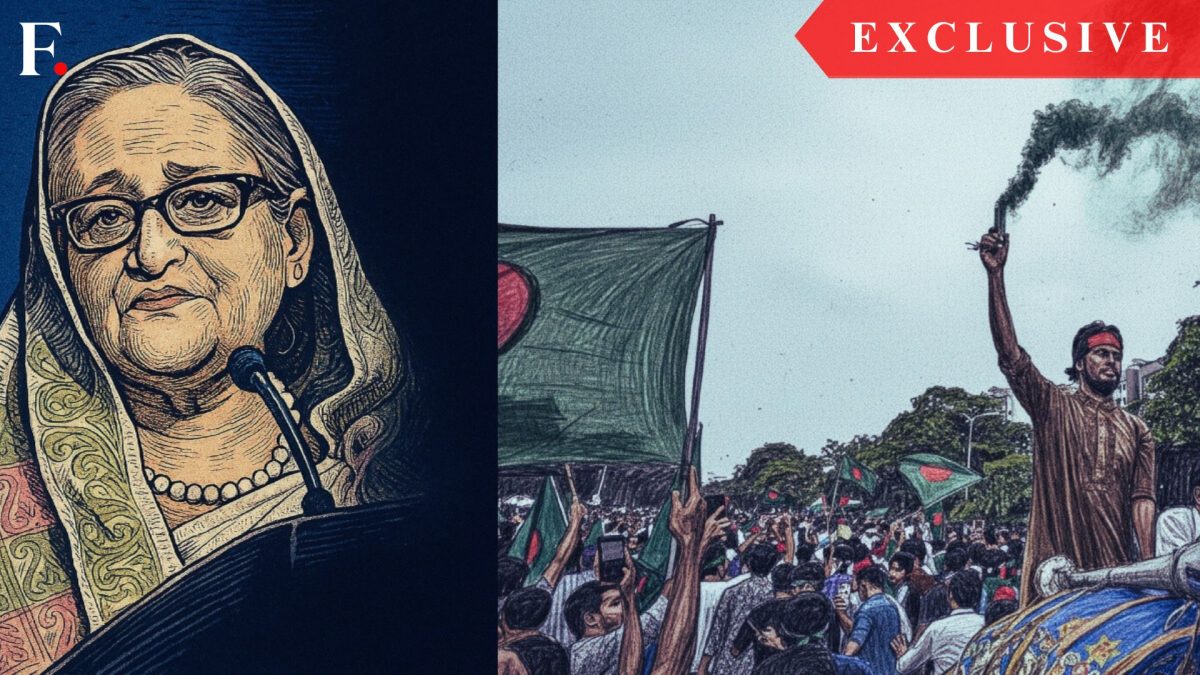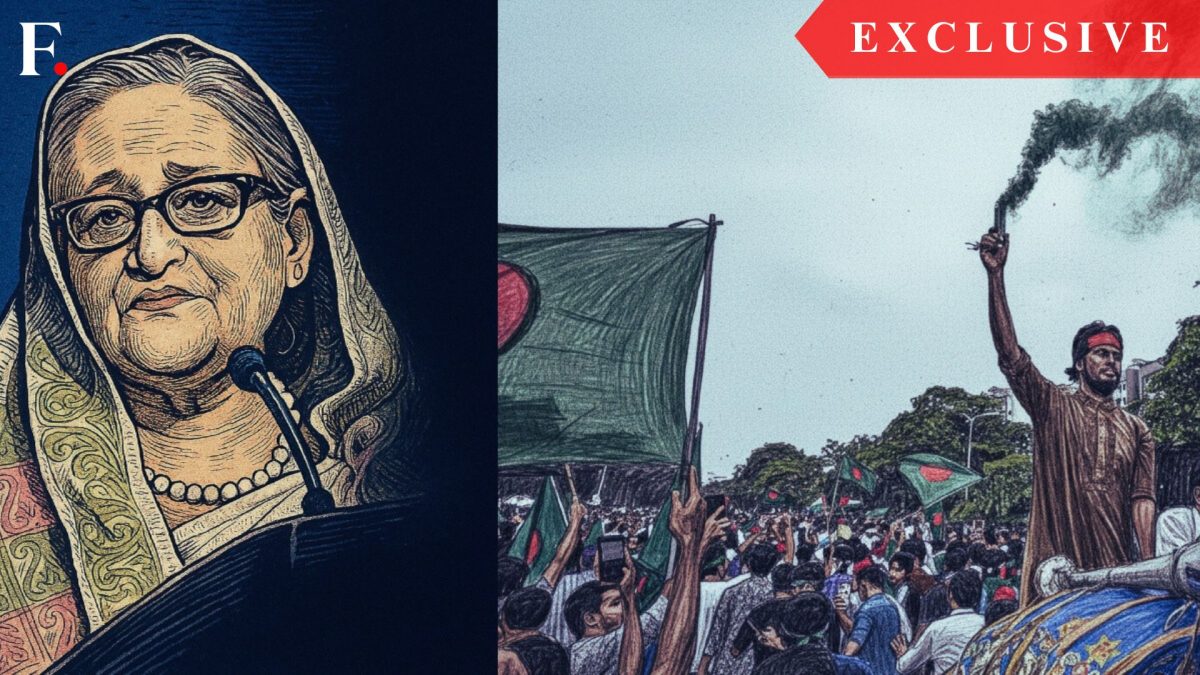Former Prime Minister of Bangladesh, Sheikh Hasina, slammed the country’s current Interim Chief Advisor Muhammad Yunus’s foreign policy, insisting that ‘alienation from India is dangerous’. In an exclusive conversation with Firstpost, Hasina maintained that India continues to remain “Bangladesh’s oldest friend”.
“India, as Bangladesh’s oldest friend and the largest democracy in our region, understands that elections without the participation of all major political parties cannot be considered legitimate,” Hasina told Firstpost in an email interview.
“An election that excludes tens of millions of voters who support the Awami League would be a farce. India wants a reliable partner in Dhaka, not a government holding power without popular consent,” she added.
On expanding ties with China & and rift with India
Hasina maintained that during her time in the office, Bangladesh has maintained a balance and a strong relationship with both India and China. However, she noted that Yunus’s decision to alienate from India is ‘dangerous’.
“Bangladesh’s foreign policy has always been friendship to all, malice to none. During my tenure, we maintained strong relationships with both India and China. What concerns me about Yunus’s approach is not engagement with China itself, but the context in which it’s happening, which seemingly includes a dangerous alienation from India,” the former Bangladeshi PM averred.
“India and Bangladesh share a 4,000-kilometre border, deep cultural ties, and critical security interests. No amount of engagement with China can replace this fundamental relationship. The current administration’s foreign policy appears driven more by desperation for international recognition than by Bangladesh’s genuine national interests.”
Quick Reads
View AllIn the interview, Hasina also raised concerns about attacks on Hindu communities and other minorities since August 2024. “The systematic attacks on Hindu communities and other minorities since August 2024 are not random acts of violence. They are part of a deliberate campaign by extremist elements who have been emboldened and abetted by the current administration,” she said.
“Under my government, we made strenuous efforts to protect all citizens regardless of their faith. Bangladesh was founded on secular, democratic principles that respected diversity. Now, religious minorities are living in fear, their temples are being attacked, their businesses destroyed, and their families threatened.”
She maintained that the interim government’s failure to protect minorities reflects “complicity”.
“The interim government’s failure to protect minorities isn’t just negligence – it’s complicity. When you align yourself with extremist forces to gain power, you cannot then act surprised when those forces pursue their agenda of intolerance and violence. The international community must not remain silent while Bangladesh’s Hindu population and other minorities face this persecution,” she told Firstpost.


)

)
)
)
)
)
)
)
)



